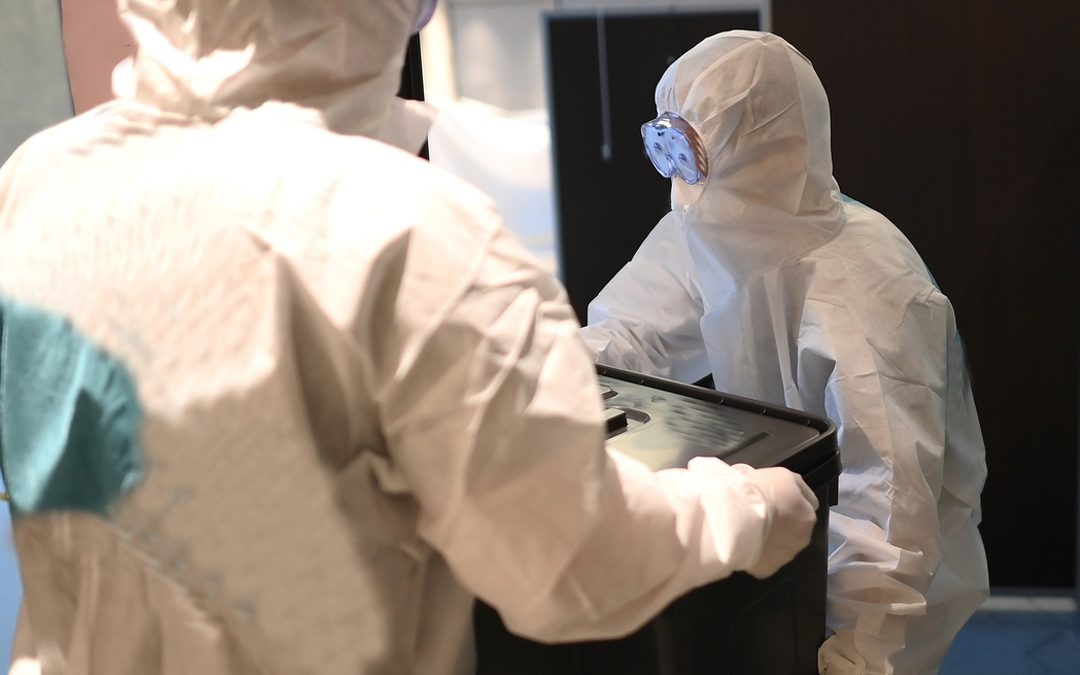Crime scenes are often the site of some of the most gruesome and traumatic events imaginable. Whether it’s a murder, suicide or other violent crime, these scenes can be emotionally devastating for those involved. But what happens after the police have finished their investigation and removed all evidence? The task of cleaning up the scene falls to specialized companies that deal with biohazard waste removal. In this blog post, we will explore the dirty truth about crime scene cleanup. The professionals at A1B Restoration are trained professionals that specialize in crime scene cleanup.

Gruesome Task of Crime Scene Cleanup
Crime scene cleaners face a daunting task when they arrive at a scene. They must remove any traces of blood, bodily fluids, tissue, and other hazardous materials left behind by the incident. This requires specialized equipment such as protective gear, chemicals, and disinfectants. Workers also need to take precautions to avoid exposure to infectious diseases like hepatitis B and C, HIV/AIDS, and MRSA.
While the physical risks associated with crime scene cleanup are well-documented, there is less attention paid to the emotional toll it takes on workers. Many cleaners report experiencing nightmares, anxiety, depression, and PTSD symptoms due to the nature of their work. It can be difficult to come home from work and forget about the horrific things you witnessed during the day. Some cleaners turn to drugs or alcohol to cope with the stress, which only makes matters worse in the long run.
Common Misconceptions About Crime Scene Cleanup
One common misconception about crime scene cleanup is that it involves simply mopping up blood and disposing of body parts. In reality, it is much more complex than that. For example, many people don’t realize that even small amounts of biological material can pose a significant health risk if not properly disposed of. Additionally, crime scene cleaners may need to repair structural damage caused by the incident, such as bullet holes or broken furniture.
Legalities of Crime Scene Cleanup
Another aspect of crime scene cleanup that many people overlook is the legal side of things. Companies that perform this type of work must adhere to strict guidelines set forth by federal, state, and local governments. This includes proper handling and disposal of hazardous materials, reporting of incidents to regulatory agencies, and compliance with OSHA standards. Failure to follow these rules can result in fines, lawsuits, and even criminal charges.
How to Choose a Reputable Crime Scene Cleaning Company
If you ever find yourself in need of a crime scene cleaner, it’s essential to choose a reputable company with experience in the field. Look for companies that are licensed, insured, and bonded, and ask for references from previous customers. Finally, make sure the company uses eco-friendly products and follows sustainable practices to minimize its impact on the environment.

